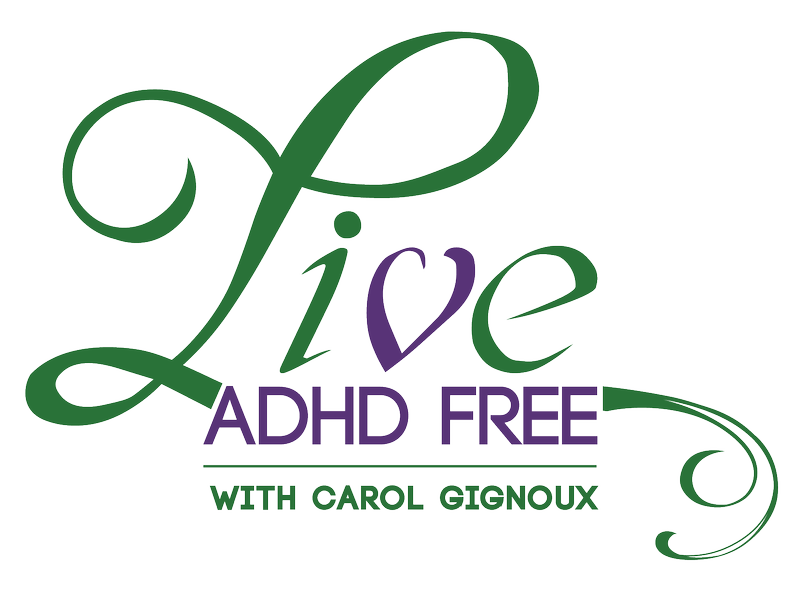ADHD treatment for children varies depending on a host of factors. Children with ADHD often struggle academically, socially, and emotionally. They have vacillating feelings and could be easily distracted, impulsive, and disorganized.
Yet, like any kid or person, they just want to feel normal. They want to feel loved and accepted, but they probably already know they are different than other kids. Different doesn’t mean bad, and this should always be stressed. Having ADHD is not a life sentence for failure. It’s a matter of learning to use one’s considerable strengths to gain control over unwanted behavior. Here are some specific ways to help them develop their strengths.
Self-Control
Everyone involved has to be in a place of self-control—kids and parents. Parents must work on patience and managing their own feelings because it can be overwhelming to raise ADHD kids. Parents need to model behavior that lets the ADHD child feel safe. Self-control is a skill; one that can be honed from practice with the support of therapists, ADHD coaches, and other professionals. There is no one that a child looks to learn behavior from more than their parents.
Compassion
ADHD treatment for children starts with compassion. ADHD children go through experiences every day that leave them feeling victimized and marginalized. It chips away at their capacity for self-empathy. Again, kids are looking to mom and dad. If parents don’t practice compassion for themselves, their children won’t be able to either. Remember to meet your child where he or she is; not where you expect them to be.
Collaboration
Once the foundation of self-control and compassion are there, it makes it much easier to collaborate with ADHD kids. You can work with them on practical strategies that can allow them to manage their symptoms. Working with your kids rather than just shouting rules is a clear pathway to a better relationship and behavior.
For example, your ADHD child may have a hard time keeping his or her room clean. Yelling at them every day about it won’t change anything. Instead, you should teach them about organization. This may include creating a plan or checklist. Then you can say, “We’re going to work on getting your room organized for the next 15 minutes.”
Instead of making them feel not good enough and a disappointment by demanding things of them they are not yet able to do, teach them valuable skills through patience. Understand that new skills take time to learn. Work through it, item by item. You will be partnering with them to build skills they can then apply when you’re not in the picture.
Consistency
Every child, ADHD or not, needs consistency. Having a predictable routine is essential. Along with a routine, there must be consistent rules and consequences. Teach your child to do what they say they are going to do (and you should be following this rule, too!). Kids become confused without consistency and strike back, making ADHD symptoms worse.
Celebration
This is a reminder to celebrate the things that your child does right and well. Remember to acknowledge them for finishing a task or doing well on a test. This means they have beaten the odds and been able to tame the chatter in their brains.
Look for opportunities to celebrate your child’s strengths. Sure, it’s easier to dwell on the negative, but how will that help? It won’t, so try to include as many “way to gos” as you do corrective communications. If all your child hears is what they are doing wrong, what incentive is there to cooperate?
ADHD treatment for children comes in many shapes and colors. Each child is unique and has the ability to use his or her innovator brain to do amazing things. By helping them build a strong foundation of self-awareness and self-control, you’ll be setting them up for success, not failure. To learn more about how to create a supportive environment, talk to us about ADHD coaching for kids.

